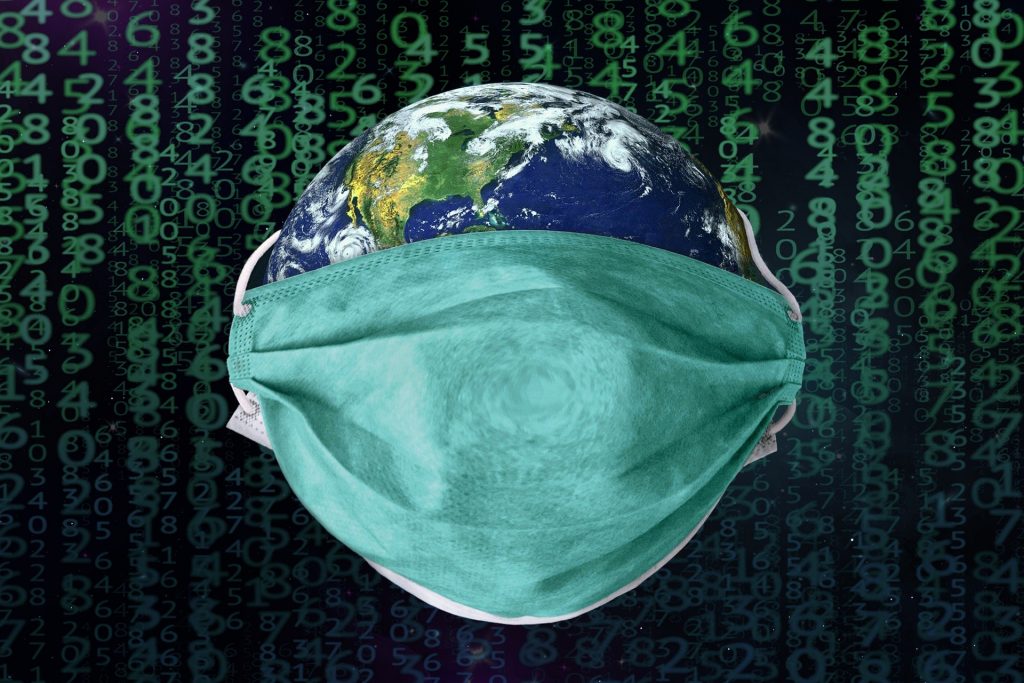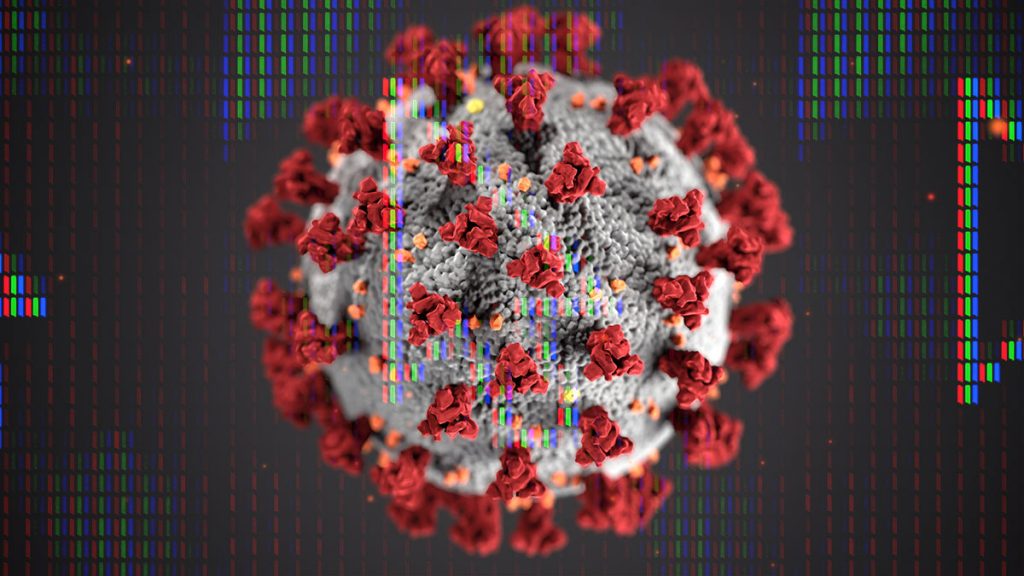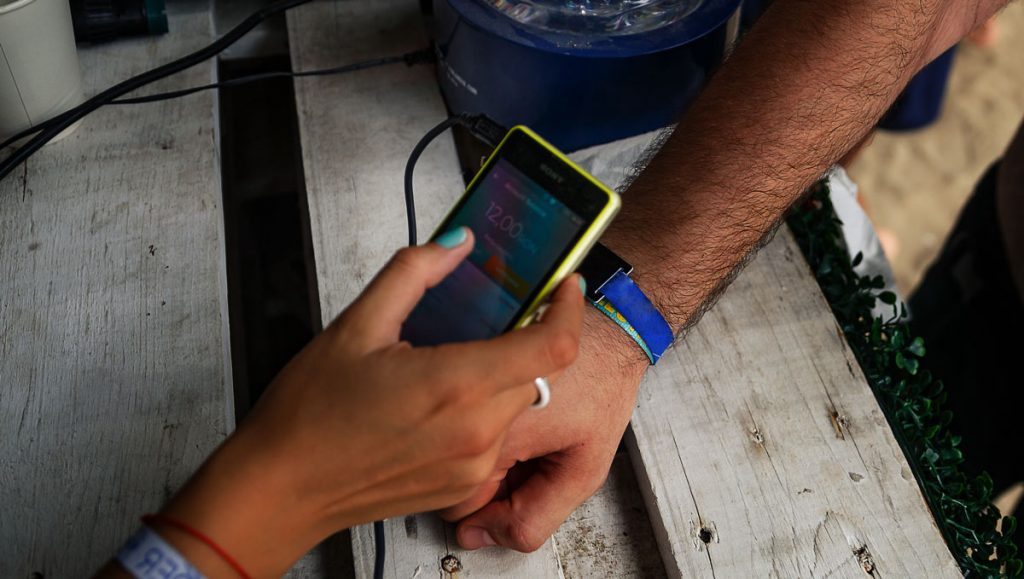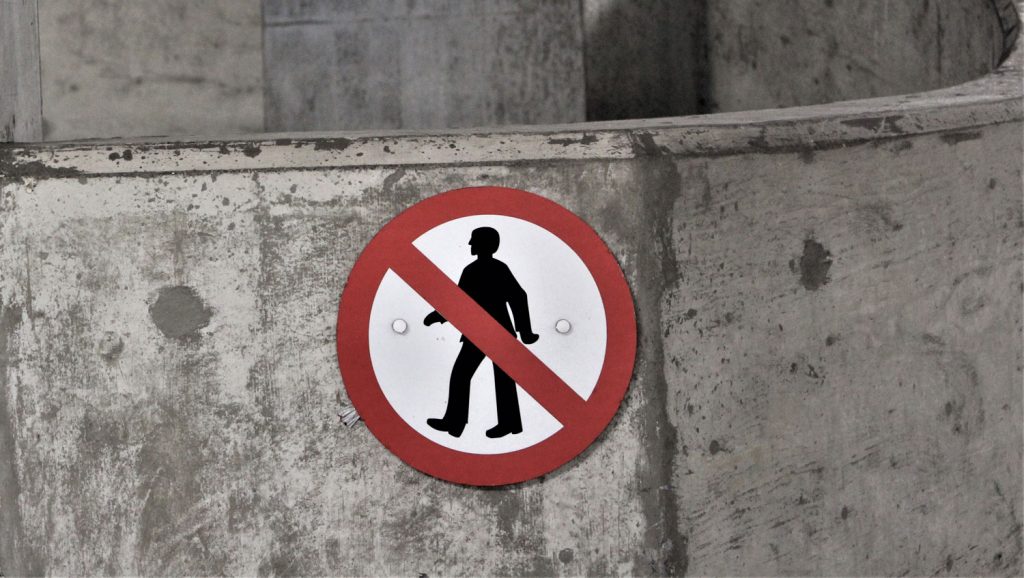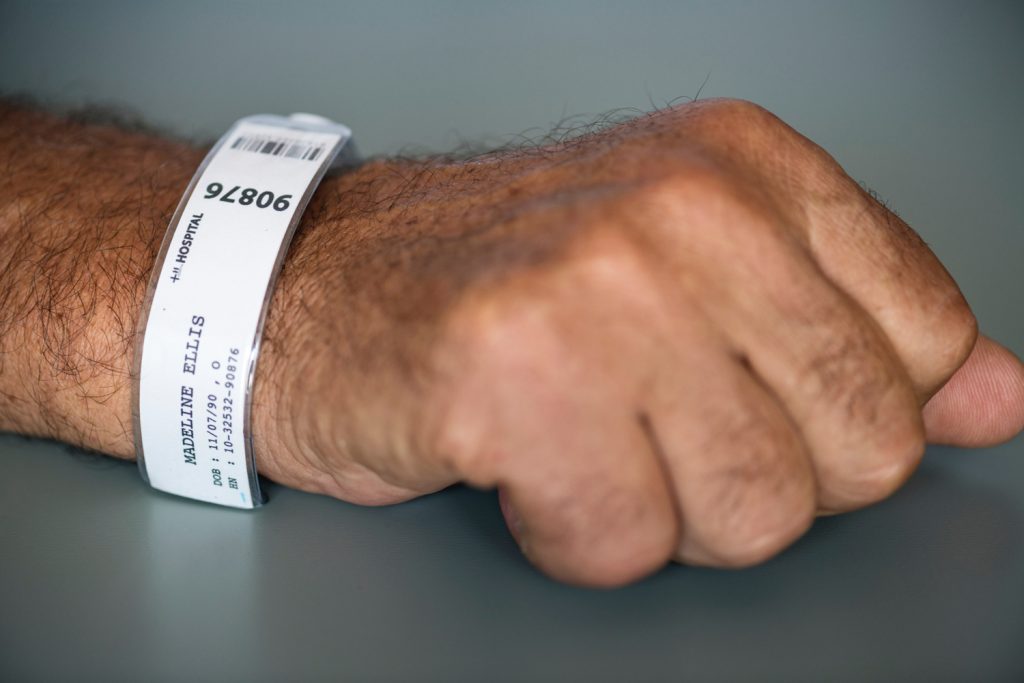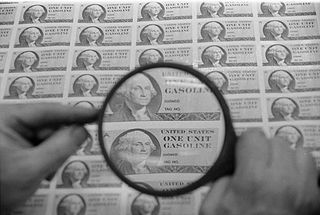Being an event planner during a global pandemic might be the worst nightmare that you can ever think of. However, these are things that we have little control over and require us to adapt accordingly. As we get used with living under imposed government restrictions, we can see several precautionary measures being removed from our daily lives.
Unfortunately, this new virus is directly related to mass gatherings, which are at the forefront of hosting events. Among the first precautionary measures imposed by governments was to restrict and put on pause the world of live events. During these challenging times, members of the meetings industry create complicated scenarios and endless debates on what it takes to organize events in such a global pandemic.
Therefore, this article is going to focus on different measures that can help our beloved world of live events to get back to normal during these unprecedented times. It is important to keep in mind that precautionary measures are extremely important, and we will only succeed by following strict guidelines. As we speak, an increasing number of events are either cancelled or postponed. Those that are postponed will soon have to take place and event organizers should be prepared to host them accordingly.
Pre-event safety measures
- Implement attendance policies and restrictions
Stay up to date and determine which countries may experience an upward trend in terms of Coronavirus cases. The John Hopkins live-tracker is a great tool that keeps you updated in real time. Try to impose restrictions and limit potential attendees that visited in the past 60 days countries with a high-risk of infection.
- Filter participants based on country of origin
It might be a good idea to require international attendees to bring their passports for an additional layer of safety. Those participants that visited a high-risk country in the past 60 days should not be allowed to enter the event premises. However, make sure to consult local travel restrictions and guidelines before taking such decision.
- Provide flexible cancellation policies given the current situation
If for some reason you decide to postpone or cancel your event, show that you care and enable participants to use tickets for future editions or apply refunds if there will be no future editions anytime soon.
- Consider hosting a Hybrid event
In our previous posts, we’ve talked about the benefits of hosting hybrid events. Given the current situation that we all deal with, that of a global pandemic, hybrid events might be the answer to deliver events to a broad audience. This way, those failing the screening process can attend the event virtually from all over the world. Streams.live is a streaming solution designed to accommodate the needs of a hybrid event and it can keep your audience engaged with little to no effort.
- Public health tracking through data collection waivers
Follow global privacy regulations and collect necessary information from your participants. If any incidents occur during your event, public officials should at least have a name and a contact number from those attending. In the given context of a global pandemic, this information is required to conduct epidemiological investigations. With Oveit, relevant data can be collected through registration forms (GDPR compliant) and attendees are required to fill those details before they receive their electronic tickets.
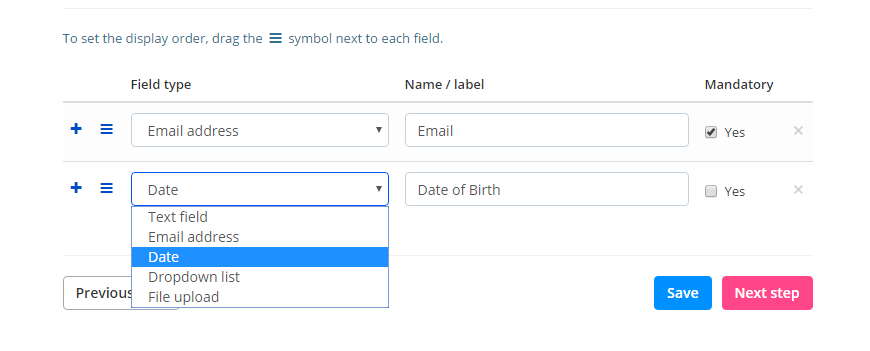
- Keep attendees updated with special event rules
Make sure that participants are well-informed and aware of any uncommon precautionary measures implemented. It can take the form of a newsletter and most organizers send these updates two-weeks in advance, one-week prior, three-days prior, one day prior and a small recap during the event day.
Impose day of event precautionary measures
- Temperature screenings at the event venue
As you already know, one common Coronavirus symptom is high body temperature. Therefore, before entering the event premises, staff members should screen attendees with thermal scanners to decrease the risk of infection. Those with temperatures higher than 37.8C must be escorted to an isolation room for additional investigations.
- Designated isolation holding room
Together with health agencies, event organizers might have to prepare an isolation holding room for suspected cases. This room should follow strict disinfection procedures and medical staff must be present.
- Regular deep cleaning throughout the venue
Contract an experienced cleaning team that gets the job done. Make sure that high-touch areas, such as door knobs, stairs handrails, chairs, registration areas and bathrooms are cleaned more often. Appropriate disinfectant substance should be used for deep cleaning.
- Display health notices at the venue
Place health notices throughout the venue, especially in areas where attendees tend to crowd. These should include social distancing reminders, frequent hygiene practices, and other relevant precautionary measures.
- Safety measures for Food & Beverage providers
Communicate with food vendors well in advance and educate them on best practices on how food should be served during your event. For example, instead of open buffets, advise them to serve individually wrapped food. If your F&B providers insist on using open buffets, make sure that they use splash and sneeze guards or other relevant food safety measures.
- Hand sanitization devices around communal areas
Forcing people to use bathrooms for hand hygiene is not a good option since it compromises social distancing rules. Instead, a good backup plan is to place hand sanitizer dispensers in key areas, especially nearby meal, and beverage stations.
Follow-up after the event
- Post-event surveys
Use these surveys to analyse your event’s success, but also to find out if any of those who attended are feeling unwell to avoid the spread of the virus.
- Prepare attendee data if necessary
If public officials need the attendee data to conduct an epidemiological investigation, make sure that you have it handy and ready to go. Time is extremely important in such investigations.
In summary
Remember, these are general guidelines and before applying any of them make sure to double check with local authorities. We hope that events will get back to normal as soon as possible, but before that, better be safe than sorry.
At Oveit, our mission is to help event organizers accomplish their goals, even during challenging times. We try to find innovative ways in which our technology can be used in force majeure situations. Hopefully, these guidelines will help you get back and running.
Stay safe!
